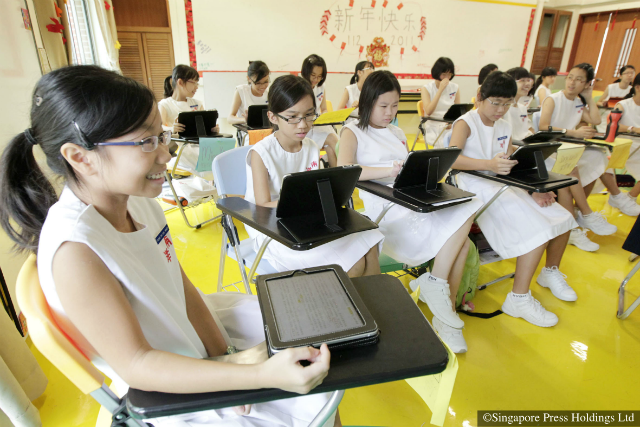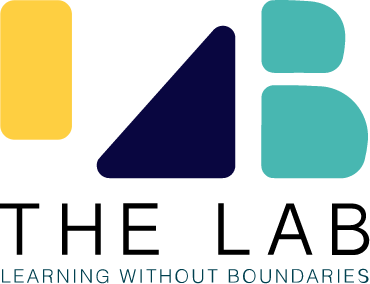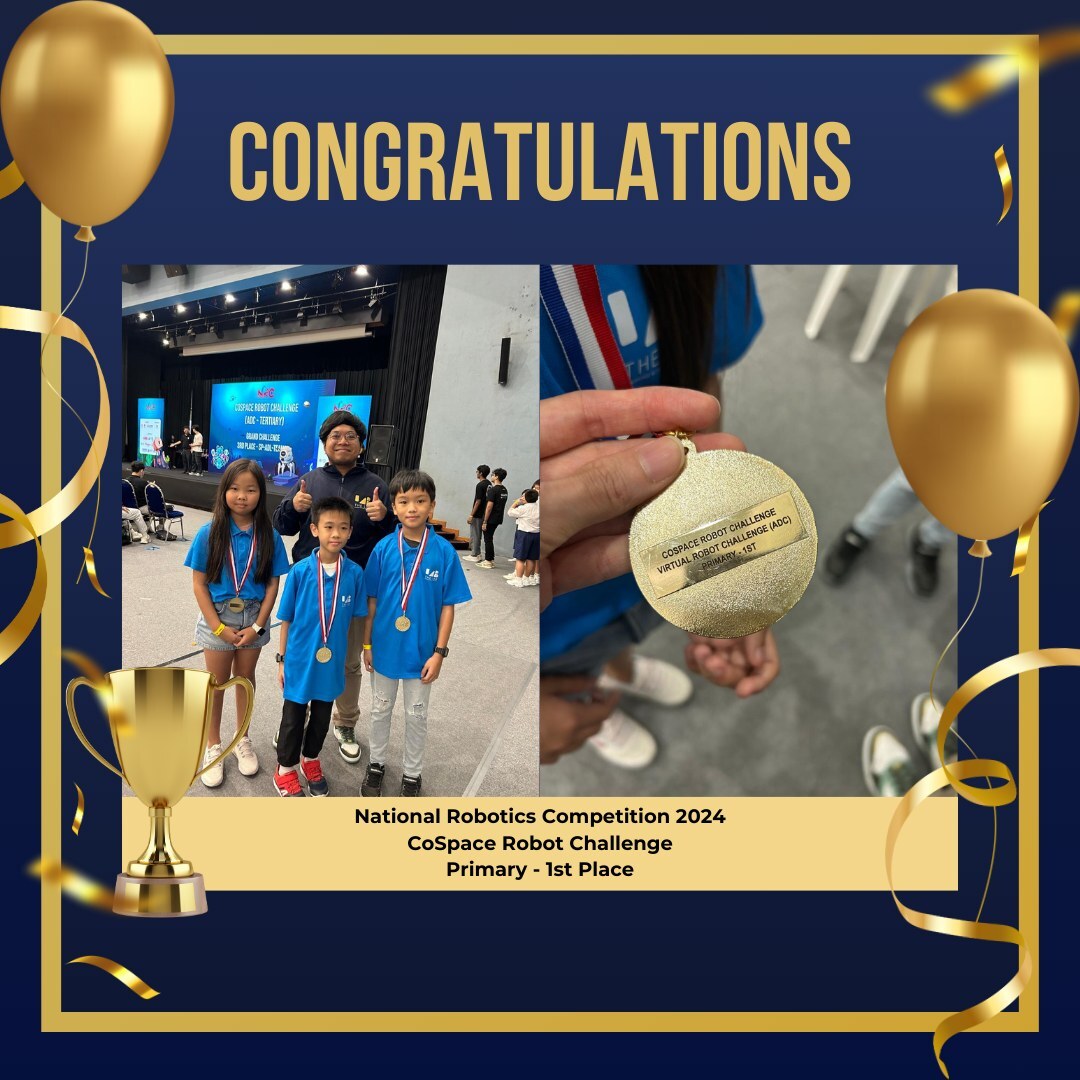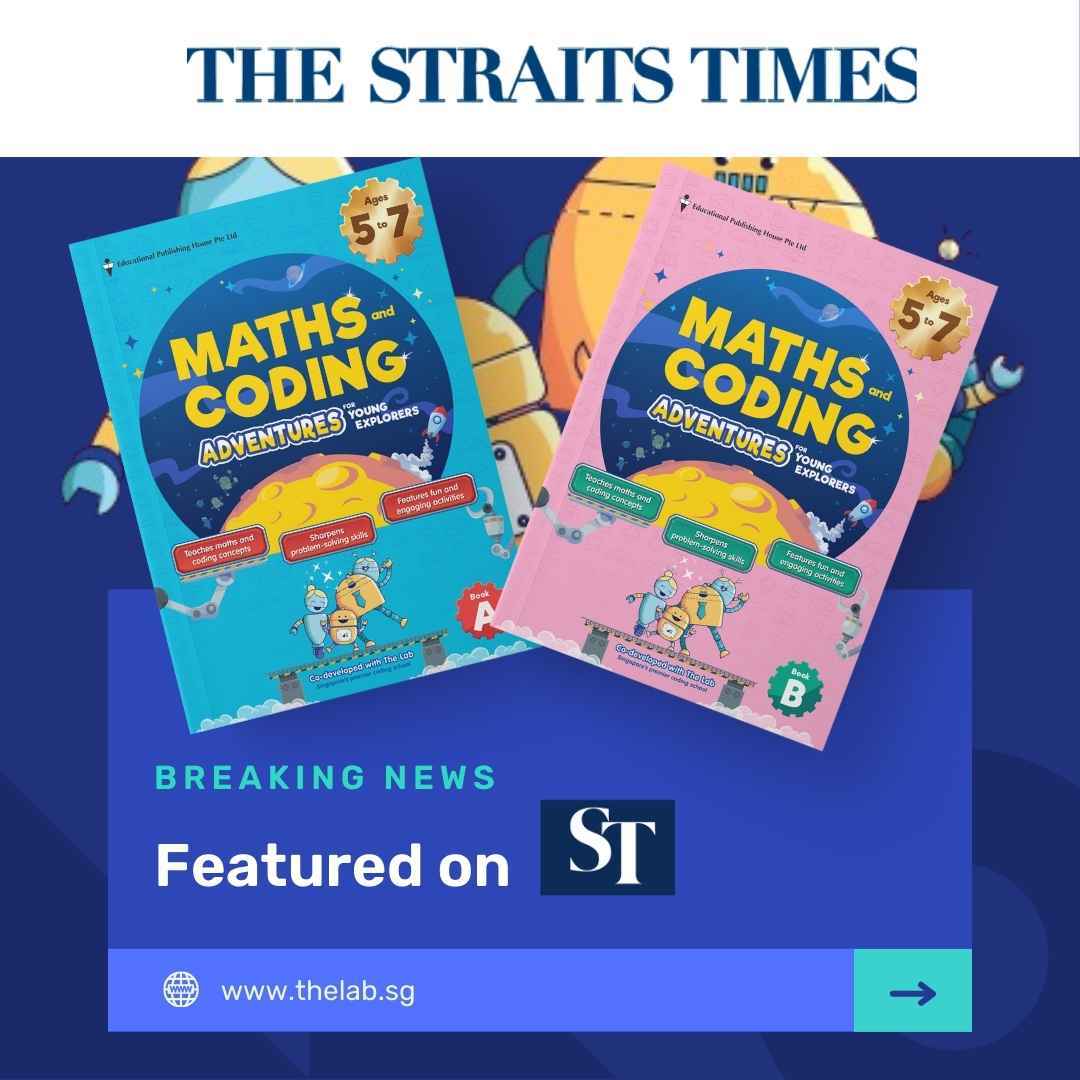
As all secondary schools are increasing the proportion of students’ intake though the DSA, more and more parents are considering that route for their child.
Here is a guide to:
What is DSA and how it works?
Direct School Admission for secondary schools (DSA-Sec) allows students to apply to some schools before taking the PSLE. Students apply based on their talent in sports, CCAs and specific academic areas.
How do schools select students for the DSA?
The selection process varies from school to school, and across DSA categories. For instance, they may have to submit a portfolio of their achievements, result slips, CCA records and a personal statement or character reference. The student may also have to go through interviews, camps, trials or tests for that particular area of talent.
Who can apply?
Primary 6 students can apply for DSA-Sec based on a wide-range of talents, including:
- Sports and games
- Visual, literary and performing arts
- Debate and public speaking
- Science, mathematics and engineering
- Languages and humanities
- Uniformed groups
- Leadership (e.g. prefects)
Which DSA schools are Technology-focused talent area?
As technology related interests are gaining in popularity, so are schools in adopting students who are talented in that particular area. Schools who adopt the DSA program with a focus in technology related talent areas typically require students to have a portfolio and/or go through an interview process to present themselves and their achievements.
Schools that adopted the DSA program with a focus in technology related talent areas:
Schools | Talent Area |
| Admiralty Secondary School | Robotics and Computing |
| Anderson Secondary School | Robotics |
| Anglo-Chinese School (Independent) | Robotics (Boys) |
| Bukit View Secondary School | Coding and Computational Thinking Skills |
| Changkat Changi Secondary School | STEM |
| Chua Chu Kang Secondary School | Robotics and Automation |
| Clementi Town Secondary School | Coding |
| Commonwealth Secondary School | Robotics |
| Dunman High School | Infocomm and Robotics |
| Fuchun Secondary School | Robotics |
| Gan Eng Seng | STEM |
| Hai Sing Catholic School | Robotics |
| Hillgrove Secondary School | STEM |
| Jurongville Secondary School | STEM |
| Kent Ridge Secondary School | Computational Thinking |
| Loyang View Secondary School | STEM |
| Manjusri Secondary School | Science and Technology |
| Maris Stella High School | Robotics |
| NUS High School | Science, Mathematics |
| Pei Hwa Secondary School | Robotics |
| Regent Secondary School | Robotics |
| River Valley High | Coding |
| School of Science and Technology | Computing, Electronics |
| Singapore Chinese Girls’ School | Robotics |
| Tampines Secondary School | STEM |
| West Spring Secondary School | Infocommunications |
| Woodlands Ring Secondary School | Robotics |
| Yio Chu Kang Secondary School | Coding |
| Yishun Town Secondary School | Robotics |
| Zhonghua Secondary School | Computer Programming |
You might be interested in:
- How can The Lab Singapore help in my child’s DSA application?
- Frequently Asked Questions – Robotics and Programming competitions in Singapore








